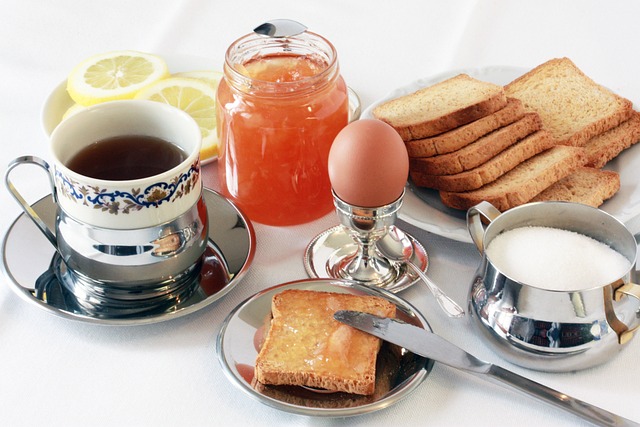Rusks, those crunchy, twice-baked bread slices, are a popular tea-time companion. While they are often considered a healthier alternative to bread, especially in regions like India, this perception may not hold true under closer scrutiny. In this article, we will delve into the nutritional profiles of rusks and bread, examining their ingredients, caloric content, and potential health impacts to provide a clearer understanding of which option is genuinely healthier.
Nutritional Comparison: Rusks vs. Bread
Caloric Content
Rusks are often assumed to be lower in calories compared to bread, but this is a misconception. According to the Mayo Clinic, rusks contain approximately 407 kcal per 100 grams, whereas a loaf of white bread has about 258-281 kcal per 100 grams, and whole wheat bread has about 232-250 kcal per 100 grams. This significant difference highlights that rusks are, in fact, more calorie-dense than both white and whole wheat bread.
Ingredients and Additives
- Rusks: Typically made with flour, sugar, yeast, and oil, rusks are often derived from stale bread. The added sugar in rusks contributes to their higher caloric content and makes them less suitable for those monitoring their blood sugar levels.
- Bread: Bread, particularly whole wheat bread, generally contains fewer additives and less sugar compared to rusks. Whole wheat bread also boasts a higher fiber content, which aids in digestion and helps maintain steady blood sugar levels.
Health Disadvantages of Rusks
Use of Stale Bread
Many commercially available rusks are made using stale bread, which is not ideal for consumption due to the presence of mildew, a substance that can lead to digestive issues such as diarrhea and constipation. Additionally, mildew can cause skin allergies, including itching and swelling.
Unhealthy Oils
Rusks are often prepared using ghee or margarine, both of which contain unhealthy fats that can freeze at human body temperature. This can lead to blood clots and increase the risk of heart attacks over time.
High Sugar Content
The significant amount of white sugar used in baking rusks enhances their taste but poses serious health risks. Regular consumption of sugar-rich foods can lead to diabetes, heart disease, kidney problems, and skin issues like inflammation and breakouts.
Presence of Anti-Nutrients
Both rusks and bread contain grains that harbor anti-nutrients. These compounds, such as phytic acid, can inhibit the absorption of essential minerals like iron, zinc, magnesium, and calcium, potentially leading to deficiencies.
Gluten Content
As rusks are made from bread, they contain gluten, a protein that can be problematic for individuals with celiac disease or gluten sensitivity. Consuming gluten can cause severe digestive discomfort, including bloating, diarrhea, and stomach pain in sensitive individuals.
High Carbohydrate Levels
Both rusks and bread are high in refined carbohydrates, which can lead to increased body weight, elevated blood sugar levels, high cholesterol, and metabolic syndrome when consumed in large quantities.
Making Healthier Choices
Opting for Whole-Wheat Rusks
Choosing whole-wheat rusks over those made from white bread or cakes is a healthier option. Whole-wheat rusks provide more fiber and protein, which help regulate blood sugar levels and offer more nutrients, including manganese and selenium.
Homemade Rusks
Baking rusks at home allows for greater control over ingredients, ensuring the use of low-calorie and low glycemic index flours or sprouted grains. This not only enhances the nutritional value but also minimizes the use of unhealthy oils and sugars.
Conclusion
While rusks are a beloved tea-time snack, their health benefits compared to bread are not as significant as commonly believed. The higher caloric content, added sugars, and use of unhealthy oils make rusks a less optimal choice for those seeking a healthier diet. Opting for whole-wheat bread or homemade rusks using healthier ingredients can provide better nutritional benefits and support overall health.
By understanding the detailed nutritional and health impacts of rusks versus bread, we can make more informed dietary choices and enjoy our tea-time snacks with better knowledge of their effects on our health.





